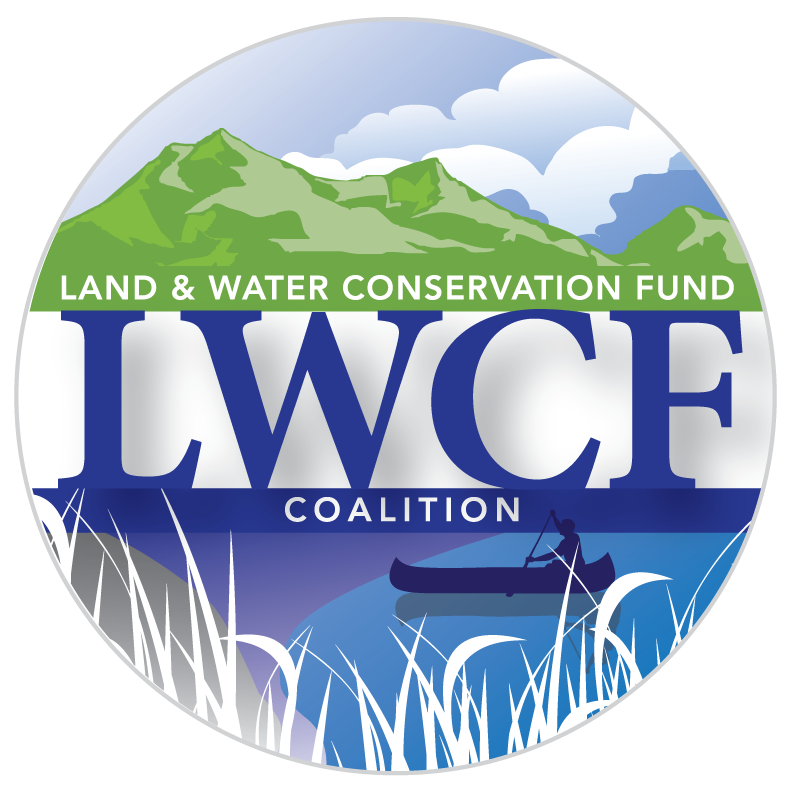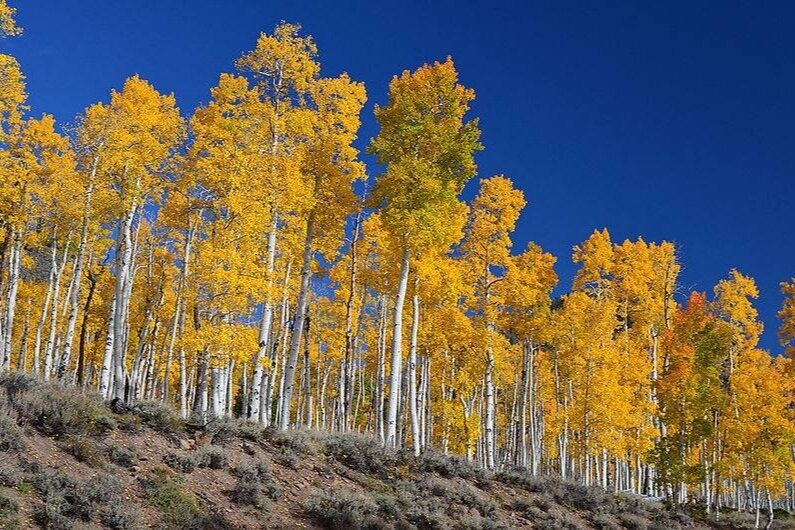
STATE AND LOCAL ASSISTANCE PROGRAM
The LWCF State and Local Assistance Program (often referred to as “LWCF Stateside”) is administered by the National Park Service, and provides matching grants to state, local and tribal governments to create and expand parks, develop recreation facilities, and further local recreation plans. Each year, funds are distributed to every U.S. state and territory using a population-based formula. Ranging from active recreation facilities to natural areas, these funds are a vitally important tool to renovate existing sites, develop new facilities, acquire land for state and local parks and promote statewide recreation planning.
LWCF grants are provided to the states, and through the states to local governmental jurisdictions, on a matching basis for up to 50% of the total project-related costs for the acquisition of land and the development of facilities for public outdoor recreation and for fulfilling the program's planning requirements. Nonprofit partners can collaborate with states and municipalities to identify community needs, develop a strong grant application, and secure matching funds from a variety of public and private sources. Grants to eligible insular areas (American Samoa, Guam, the Northern Mariana Islands, and the U.S. Virgin Islands) shall be for 100% assistance.
Local units of government participate in the program as subrecipients of the state with the state retaining primary grant responsibility. Each State must have a “State Liaison Officer” (SLO) appointed by the governor or designated by the State legislature to administer the LWCF program at the State level. States and territories must produce a Statewide Comprehensive Outdoor Recreation Plan (SCORP) at least once every five years in order to maintain eligibility.
In addition to the annual Congressional appropriation to the State and Local Assistance Program, 12.5% of the revenues from certain Offshore Continental Shelf (OCS) leasing in the Gulf of Mexico (referred to as “GOMESA funding”) is directed to the stateside program to be used in accordance with the program manual.
Eligible Entities
- State, Local, and Tribal Governments
- Nonprofit community partners should contact their state administrator to find out more about how the LWCF grant process works, which is slightly different in each state, and what they can do to advance ideas, support local projects, and participate in the process of updating the SCORP to reflect current public priorities every five years.
Grant Eligibility
- Acquisition of land or water for outdoor recreation (must include public access)
- Development of new park and recreation facilities
- Redevelopment or renovation of existing park infrastructure to ensure it meets current standards
- Planning grants to assist states in creating and updating their SCORP’s
Sources of Matching Funds
- Federal
- State (differs by state; these are some examples)
- State-Level Appropriations
- State Bond Measures
- Dedicated State Programs
- Private
- Local Fundraising Campaigns
- National Nonprofit and Foundation Efforts


